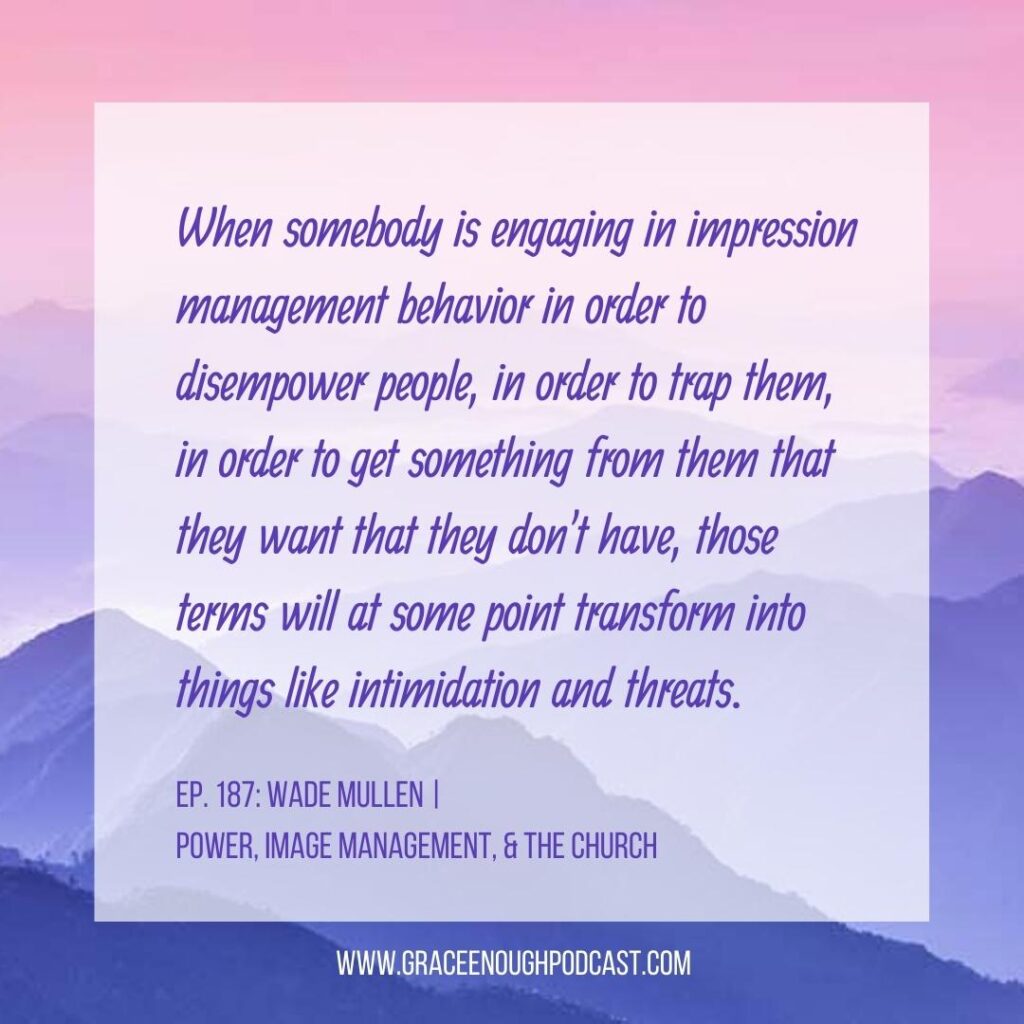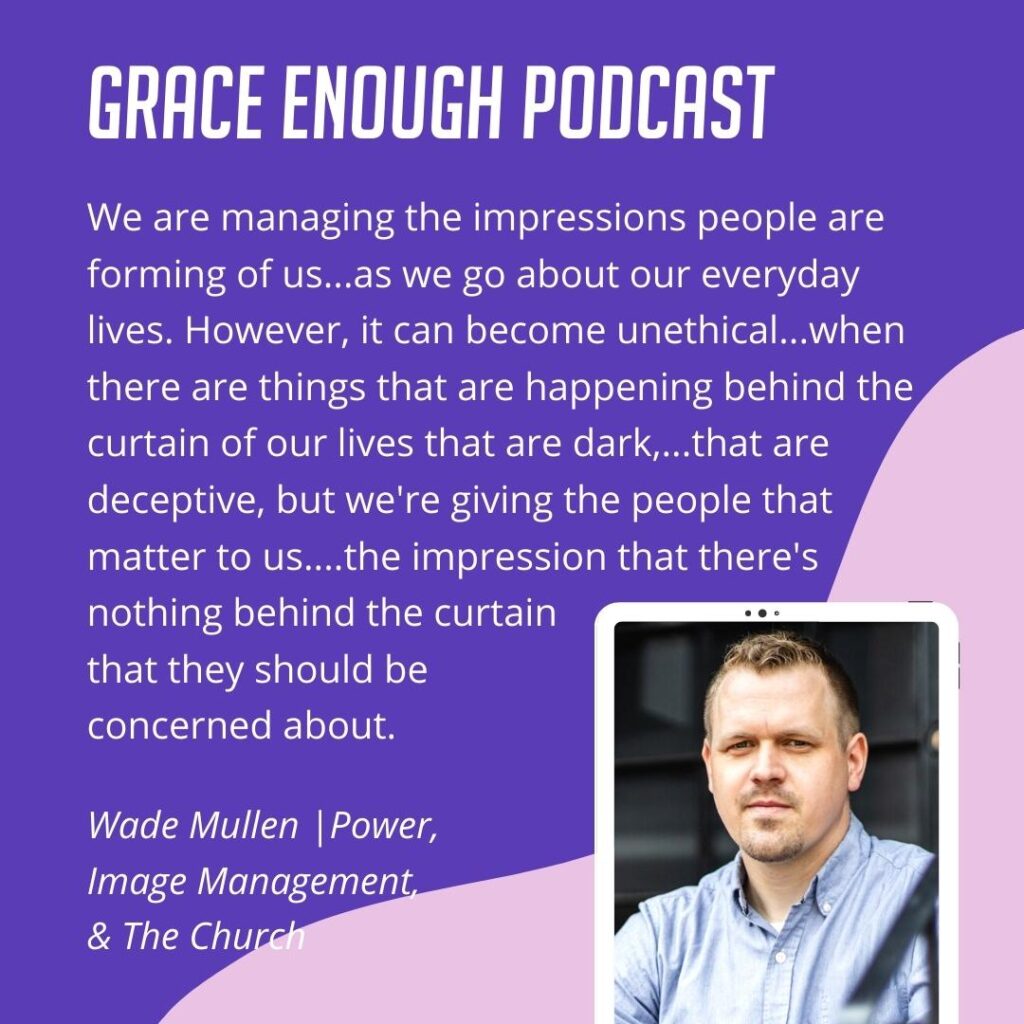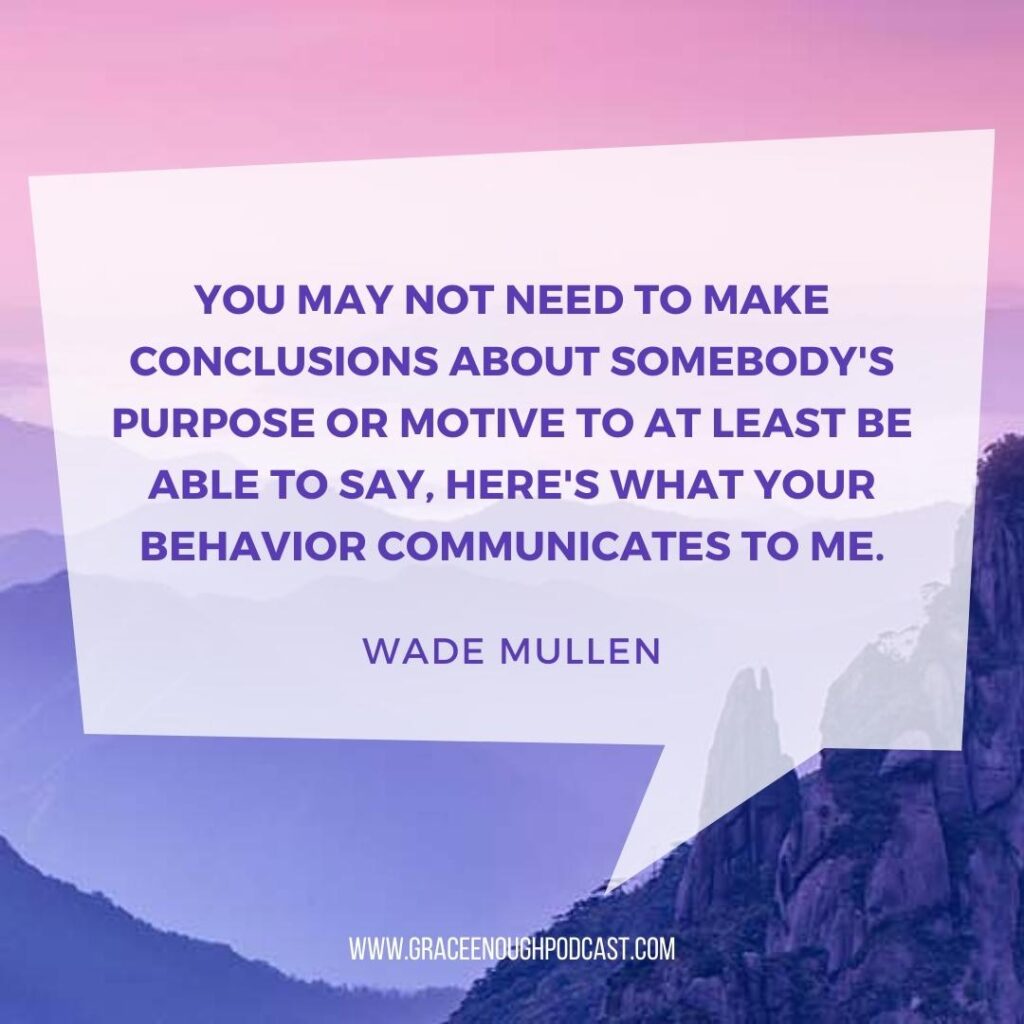
Wade Mullen is the author of Something’s Not Right: Decoding the Hidden Tactics of Abuse and Freeing Yourself From Its Power. The book draws upon Wade’s personal experiences walking through abusive situations and his doctoral research on institutional responses to abuse.
Wade leads Pellucid Consulting which provides services for individuals and organizations seeking to understand, prevent, and respond well to abusive situations.
Wade also serves as an institutional response specialist for Godly Response to Abuse in the Christian Environment and as an adjunct professor at Denver Seminary where he teaches on power, change, and conflict.
Wade Mullen and Amber discuss when impression management behavior becomes dangerous, how to address abusive behavior early on, and his personal experience when sharing abuse that was impacting the students he served.
“At some point, I began to receive stories of mistreatment and abuse of all types, and did what I could to follow the appropriate steps for reporting and acting on their behalf. [I] discovered that there were some in positions of authority, above me, who seemed to want to shut those stories down, because they threatened something and perhaps threatened the reputation of the church or threatened important people in the church. And that was eye opening for me, because you don’t expect that from shepherds, you don’t expect that from leaders that you look up to and trust.”
“We are managing the impressions people are forming of us, in one way or another, as we go about our everyday lives. However, it can become unethical, and it can become dangerous, when there are things that are happening behind the curtain of our lives that are dark, that are evil, that are wrong, that are deceptive, but we’re giving the people that matter to us….the impression that there’s nothing behind the curtain that they should be concerned about.”
“When somebody is engaging in impression management behavior in order to disempower people, in order to trap them, in order to get something from them that they want that they don’t have, those terms will at some point transform into things like intimidation and threats.”
“You may not need to make conclusions about somebody’s purpose or motive to at least be able to say, here’s what your behavior communicates to me.”
“One of the things I’d like to see happen is that our institutions, our leaders, for them to be real, be able to respond to early indicators of abusive behavior, and respond well to those who are harmed early on, so that they don’t reach a point where the abuse has worsened over time.



© Grace Enough Podcast2024